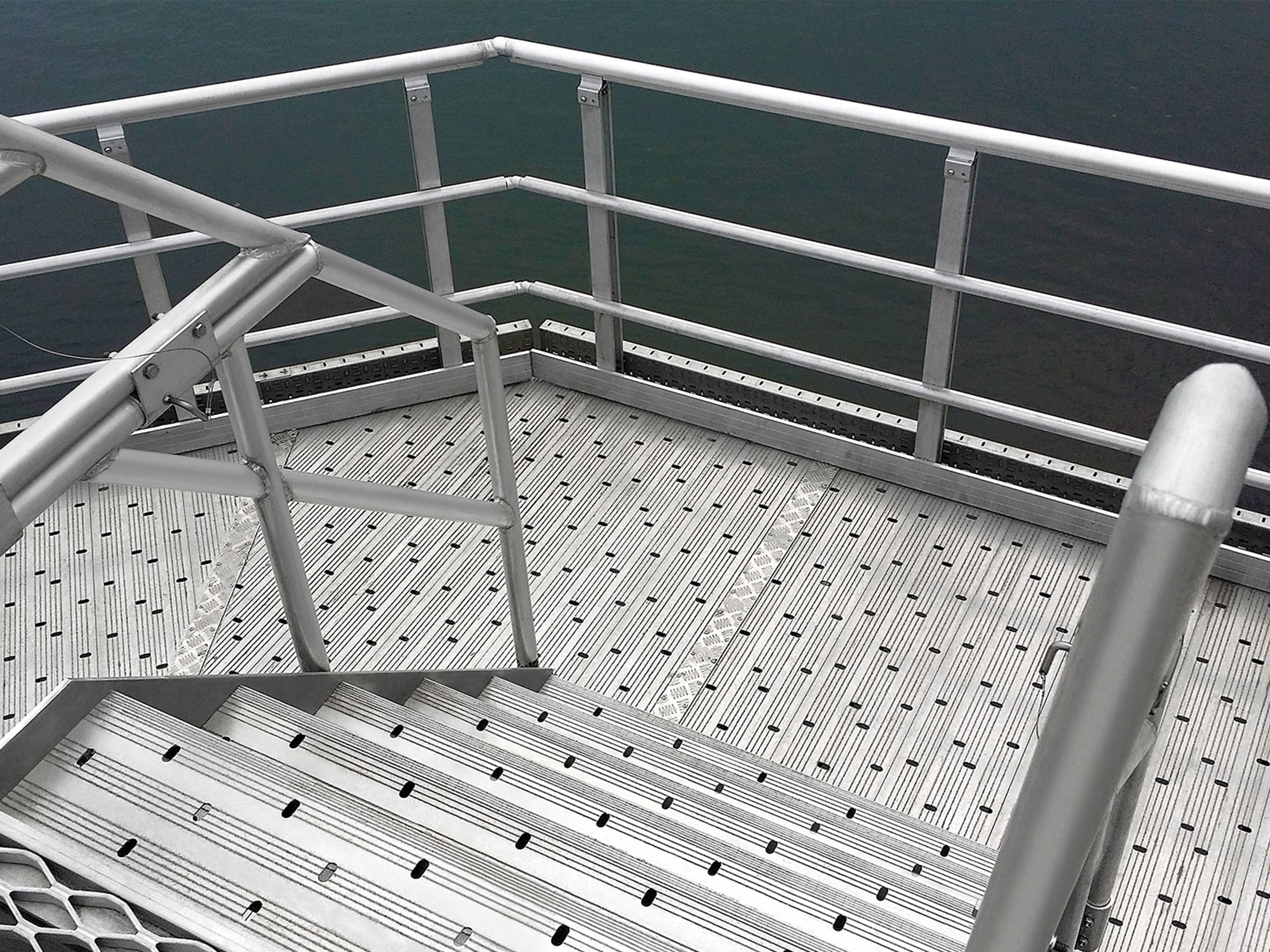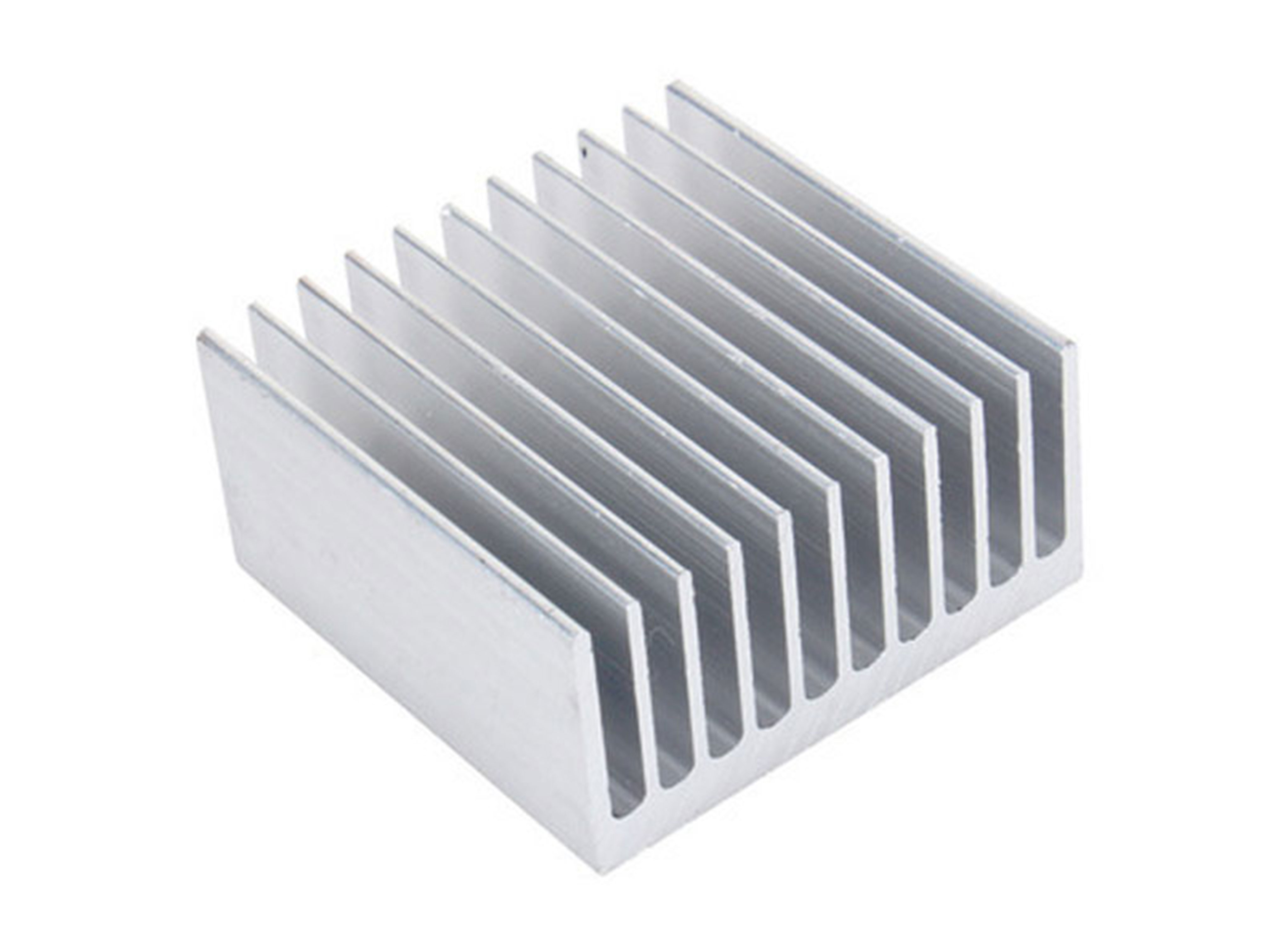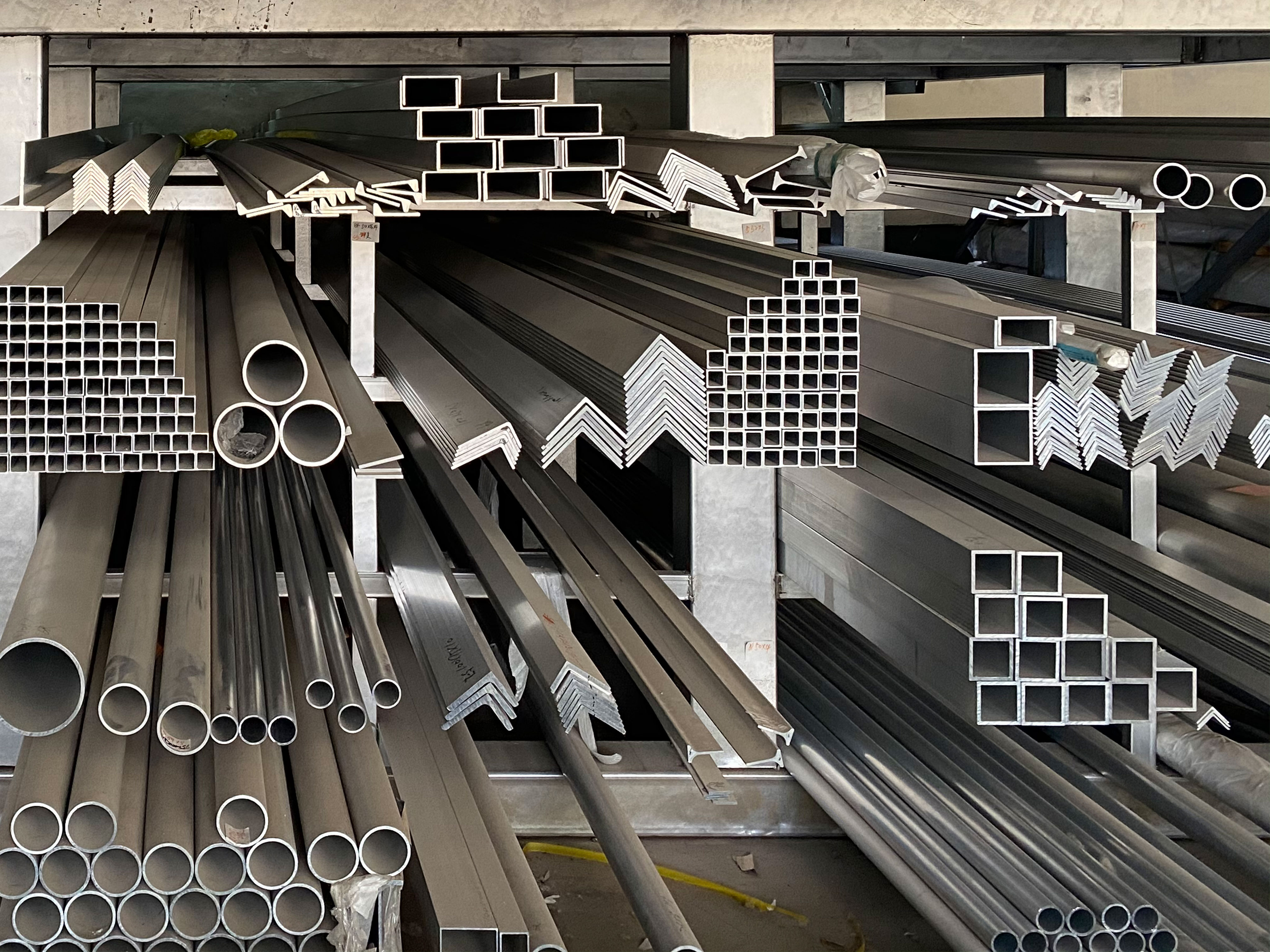6061 Marine Aluminum Customized Shapes for Lightweight Offshore Deck Solutions
In the realm of offshore engineering, performance materials dramatically impact the longevity, safety, and efficiency of marine structures. 6061 Marine Aluminum alloys, particularly when fabricated into customized shapes, have emerged as a top-tier choice for lightweight, durable, and corrosion-resistant offshore deck solutions.
6061 Aluminum is an alloy predominantly composed of magnesium and silicon, which delivers a fine balance of strength, corrosion resistance, and excellent workability. It is categorized in the 6xxx aluminum series and counteracts many of the issues conventional steels face in marine environments, such as corrosion or excessive weight. Its marine-grade variant often undergoes additional processing or testing to enhance its suitability in saltwater environments.
| Property | Specification |
|---|---|
| Alloy Designation | 6061-T6, 6061-T651 |
| Primary Alloying Elements | Magnesium (Mg) ~1.0%, Silicon (Si) ~0.6% |
| Density | 2.70 g/cm³ (168.5 lb/ft³) |
| Tensile Strength | 290 MPa (42,000 psi) (T6 temper) |
| Yield Strength | 240 MPa (35,000 psi) (T6 temper) |
| Elongation at Break (%) | 8–12% |
| Thermal Conductivity | 151 W/m-K |
| Melting Point | 582 – 652°C (1080 – 1205 °F) |
| Corrosion Resistance | Excellent in marine conditions (saltwater sprayed) |
| Weldability | Good |
| Formability | Excellent for procedures such as rolling, extrusion, bending |
Features and Advantages of 6061 Marine Aluminum Customized Shapes
1. Exceptional Corrosion Resistance
Marine-grade 6061 aluminum superbly resists corrosion caused by saltwater and marine atmospheres. A naturally formed, tightly adhered oxide film protects the metal from degradation, reducing maintenance costs.
2. Lightweight Yet High Strength
Weighing roughly one-third of equivalent steel structures, 6061 aluminum reduces the overall mass of offshore decks and frameworks. The alloy’s tensile strength delivers sturdy structural integrity, achieving optimal strength-to-weight ratios critical for offshore platforms and vessels.
3. Customized Shape Fabrication
One of 6061’s greatest advantages is its outstanding versatility in custom extrusion profiles. The alloy readily adapts to custom-designed shapes:
- I-Beams, Hollow Sections
- Channels and Angles
- Complex extrusions with multiple chambers
- Deck panels and flooring profiles
This flexibility allows engineers to tailor offshore solutions according to specific load requirements and architectural designs, minimizing on-site modification and assembly times.
4. Good Weldability and Joinability
6061 alloy is compatible with multiple welding methods (TIG, MIG, Resistance welding), enabling seamless joinery without sacrificing mechanical integrity—critical for constructing large, multi-part offshore decks.
5. Thermal and Electrical Conductivity
The material efficiently dissipates heat and electricity, beneficial in offshore power systems and environmental conditions to avoid hotspots and maintain structural integrity.
Applications in Offshore Deck Solutions
- Offshore Platforms: Lightweight decks and superstructures that reduce seismic response forces.
- Marine Vessels: Customized walkways, ladders, flooring panels, and hull reinforcements that resist prolonged immersion.
- Oil and Gas Installations: Modular support frames and guardrails exploiting quick fabrication for installation optimization.
- Renewable Energy Structures: Offshore wind turbine decks and maintenance platforms perfected with durability in corrosive sea conditions.
- Dockyard and Port Solutions: Mobile shipping dock frames driving quick montage without heavy footprint on anchoring seabeds.
Typical Chemical Composition of 6061 Aluminum (Weight %)
| Element | Content (Wt. %) |
|---|---|
| Silicon (Si) | 0.4 – 0.8 |
| Iron (Fe) | 0.7 max |
| Copper (Cu) | 0.15 – 0.4 |
| Manganese (Mn) | 0.15 max |
| Magnesium (Mg) | 0.8 – 1.2 |
| Chromium (Cr) | 0.04 – 0.35 |
| Zinc (Zn) | 0.25 max |
| Titanium (Ti) | 0.15 max |
| Other Residuals | 0.15 max |
| Aluminum (Al) | Balance |
Fabrication and Customization Process
Our accomplished engineering team partners deeply with clients to supply aluminum extrusions that meet stringent offshore standards. Core steps include:
Working with 6061 marine aluminum for customized offshore deck solutions presents unique challenges and rewards. Its weldability, corrosion resistance, and relatively high strength-to-weight ratio are highly desirable, making it ideal for lightweight applications. However, achieving truly lightweight solutions often requires pushing the boundaries of design. We've found that intricate, optimized shapes—think complex extrusions or hydroformed components—offer significantly more weight savings than simply using thicker sheets of standard plate. Close collaboration with design engineers is crucial, as FEA analysis is vital to predict stress points and ensure structural integrity under the dynamic loads experienced offshore. Minimizing weld seams through intelligent design is another strategy, reducing potential weakness points and accelerating fabrication.
Furthermore, the surface finish of these customized shapes is paramount for long-term performance. While 6061's inherent corrosion resistance is beneficial, the harsh marine environment necessitates careful consideration of surface treatments. We've seen instances where even minor imperfections in the initial fabrication process, leading to localized stress concentrations, can accelerate corrosion despite the aluminum's inherent properties. Therefore, implementing stringent quality control at each stage, from extrusion to final finishing (powder coating, anodizing, etc.), is essential to maximizing the lifespan and ensuring the structural integrity of these lightweight deck solutions. Careful material selection, including paying attention to the alloy's specific temper, also impacts its performance and longevity in the demanding offshore setting.
- Design Phase: Utilizing CAD tools to accurately conceptualize optimized cross-sectional profiles.
- Material Sourcing: Utilizing marine-specific tempered 6061 aluminum certified for seawater exposure.
- Precision Extrusion: Applying advanced extrusion presses to manufacture detailed cross-sections aligned with blueprints.
- Surface Treatment: Optional anodization or protective coating for extra resistance if required.
- Quality Control: Tesing strict metallurgical standards and corrosion resistance; dimensional verification via CMM and other metrology solutions.
Related Products
Marine aluminum customized shapes
Marine Grade Aluminum Customized Shapes encompass a broad range of aluminum extrusions and fabrications engineered beyond standard profiles—such as channels, angles, tubes, and beams—into complex, project-specific geometries.
View DetailsMarine aluminum heat sink profile
Marine Grade Aluminum Heat Sink Profiles utilize alloys such as 6061 and 6063 that not only exhibit high thermal conductivity but also possess excellent corrosion resistance required for saltwater exposure.
View DetailsMarine aluminum fencing and railings
Marine Grade Aluminum Fencing and Railings are fabricated using marine-grade aluminum alloys such as 5083, 5052, and 6061, which are engineered specifically for protection against saltwater corrosion and marine atmospheric conditions.
View DetailsRelated Blog
6061 Marine Aluminum Customized Shapes for High Performance Offshore Vessel Design
Explore the advantages of 6061 Marine Aluminum customized shapes engineered for high performance offshore vessel design. detailed specifications, temper conditions, mechanical properties, and corrosion resistance features tailored for marine environments.
View Details6061 Marine Aluminum Fencing and Railings for Custom Offshore Deck and Railings
6061 Marine Aluminum fencing and railings provide a lightweight, corrosion-resistant, high-strength solution for custom offshore decks and railings.
View Details6061 Marine Aluminum Customized Shapes for Saltwater Resistant Marine Equipment Design
In the maritime industry, the durability and performance of vessels and related equipment are non-negotiable. Among the numerous materials utilized, 6061 marine aluminum has continually proven to be a premier choice.
View Details6061 Marine Aluminum Customized Shapes for Offshore Engineering Projects
In the fast-evolving world of offshore engineering, the demand for materials that ensure strength, corrosion resistance, and versatility has never been higher. Among various options.
View Details6061 Marine Aluminum Heat Sink Profile for Cooling Solutions for Offshore Electronics
6061 Marine Aluminum Heat Sink Profile: Optimal Cooling Solutions for Offshore ElectronicsIn the demanding environment of offshore electronics, reliable thermal management is critical.
View Details6061 Marine Aluminum Customized Shapes for Lightweight Offshore Platform Design
Explore how 6061 marine aluminum customized shapes offer superior strength, corrosion resistance, and lightweight characteristics essential for innovative offshore platform design, enabling robust and efficient marine structures.
View Details










Leave a Message